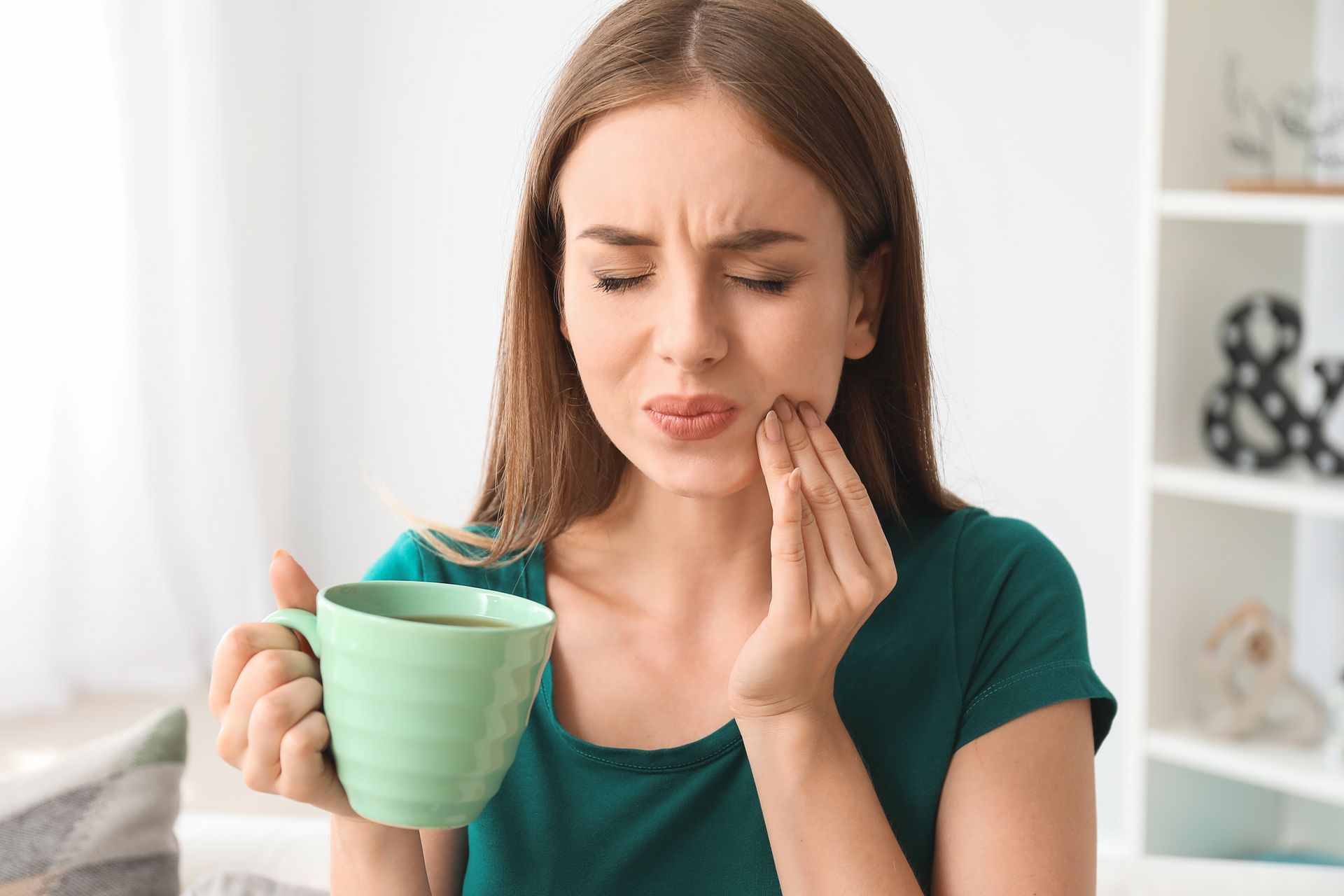How to Make Dental Cleanings Fun for Kids
Getting kids excited about dental cleanings can be a challenge, but it's important for their overall health. A child's early experiences with dental care can shape their attitude toward oral hygiene for life. Making dental visits enjoyable sets the foundation for positive dental habits.
One way to make dental cleanings fun is by starting a positive dental routine at home. Kids are more likely to enjoy dental visits if they already have a good feeling about taking care of their teeth. This involves incorporating fun tools and incentives that make brushing and flossing seem less like a chore and more like an exciting activity.
Another method is through role-playing and educational games. Kids often learn best through play, and pretending to be the dentist or playing games that teach about oral health can make the topic more engaging. Choosing a kid-friendly dentist also plays a crucial role. A dentist who knows how to handle young patients can make the experience pleasant and even enjoyable.
Creating a fun environment for dental cleanings helps reduce anxiety and builds a lifelong habit of good oral hygiene. By following these steps, you can make dental cleanings something your child looks forward to, rather than dreads.
Create a Positive Dental Routine at Home
Starting a positive dental routine at home sets the stage for fun and successful dental visits. First, make brushing and flossing a regular part of your child's day. Brush your teeth together with your child every morning and night to show them it's an important and normal activity. Use a timer or play a two-minute song to ensure they brush long enough.
Explain the importance of brushing and flossing in simple terms they can understand. Describe how it gets rid of the "sugar bugs" that can cause cavities. Turn it into a game by pretending they're superheroes fighting off the cavity monsters. This can make the daily routine more interesting and less like a chore.
Make sure to praise your child for good brushing and flossing. Positive reinforcement helps to build their confidence and willingness to participate in their dental care. Create a sticker chart where they can earn stickers for each day they brush and floss. After filling the chart, they can earn a small reward like a new book or a favorite toy.
Use Fun Tools and Incentives
Using fun tools and incentives can make a big difference in how kids view dental cleanings. Start with a toothbrush that your child loves. There are many colorful and themed toothbrushes that feature favorite cartoon characters. Electric toothbrushes with fun designs and music can also make brushing more exciting.
Toothpaste flavors tailored for kids, like bubblegum or watermelon, can make the experience enjoyable. Allow them to pick out their own toothpaste to give them a sense of control and excitement about their dental care.
Incentives can be a powerful motivator. Consider setting up a reward system for consistent brushing. This could include small toys, extra playtime, or a special outing. Use a tooth-brushing app that includes games and rewards to make the process more interactive and entertaining.
Dental visits can also be incentivized. Plan a fun activity after the checkup, like a trip to the playground or a favorite ice cream shop (opt for a sugar-free option if possible). This way, your child has something to look forward to after their dental visit, making them more willing to go in the first place.
By incorporating these fun tools and incentives, you can turn dental cleanings and daily oral care into a fun and rewarding experience for your child.
Role-Playing and Educational Games
Role-playing and educational games can make dental care fun and engaging for children. Pretending to be a dentist or playing games that teach about oral health helps kids learn in an enjoyable way. You can create a mini dental office at home with simple props like a mirror, toothbrush, and a toy to act as the patient.
Let your child be the dentist and you play the patient. You can take turns, giving you an opportunity to demonstrate proper brushing techniques. This role-playing helps reduce any fear or anxiety they might have about real dental visits, as they've already experienced it in a safe, playful environment.
Educational games also work well. You can find online games and apps that teach about the importance of brushing, flossing, and visiting the dentist. These games often use fun characters and interactive elements to keep kids interested. Board games or card games focused on dental health can also be a great way to reinforce these concepts. The key is to make learning about dental care enjoyable and interactive so that it sticks with them.
By incorporating role-playing and educational games, you can turn dental health into a fun topic. This not only prepares your child for dental visits but also instills good habits that will last a lifetime.
Choosing a Kid-Friendly Dentist
Choosing a dentist who specializes in children's care can make a big difference in how your child feels about dental visits. Kid-friendly dentists know how to make children comfortable and use techniques to make the experience positive.
Look for a dentist who has a welcoming office environment. Offices with bright colors, fun decorations, and a play area can make kids feel at ease. Some dental offices even have TVs in the treatment rooms showing cartoons or kid-friendly shows to distract and entertain young patients.
It's also important that the dentist and staff use a gentle and friendly approach. They should communicate with your child in a way that builds trust and reduces fear. Ask for recommendations from friends or read reviews to find a dentist who is known for their excellent care of children.
Scheduling a "get-to-know-you" visit can be very helpful. This allows your child to meet the dentist and see the office without having any actual work done. Familiarity with the environment and staff can lessen anxiety and make future visits smoother.
Choosing the right dentist can transform dental visits from a scary experience into something your child looks forward to. A positive relationship with the dentist sets the foundation for a lifetime of good dental health.
Conclusion
Making dental cleanings fun for kids is all about creating positive experiences and habits. By establishing a good routine at home, using enticing tools, incorporating fun games, and choosing a kid-friendly dentist, you can help your child develop a positive attitude toward dental care. These efforts ensure that your child feels comfortable and even excited about taking care of their teeth.
At Aria Dental of Annapolis, we understand the importance of gentle, family-oriented dental care. Schedule your child's next dental checkup with us today and let us help you make dental visits a fun and positive experience!



Share This Post

